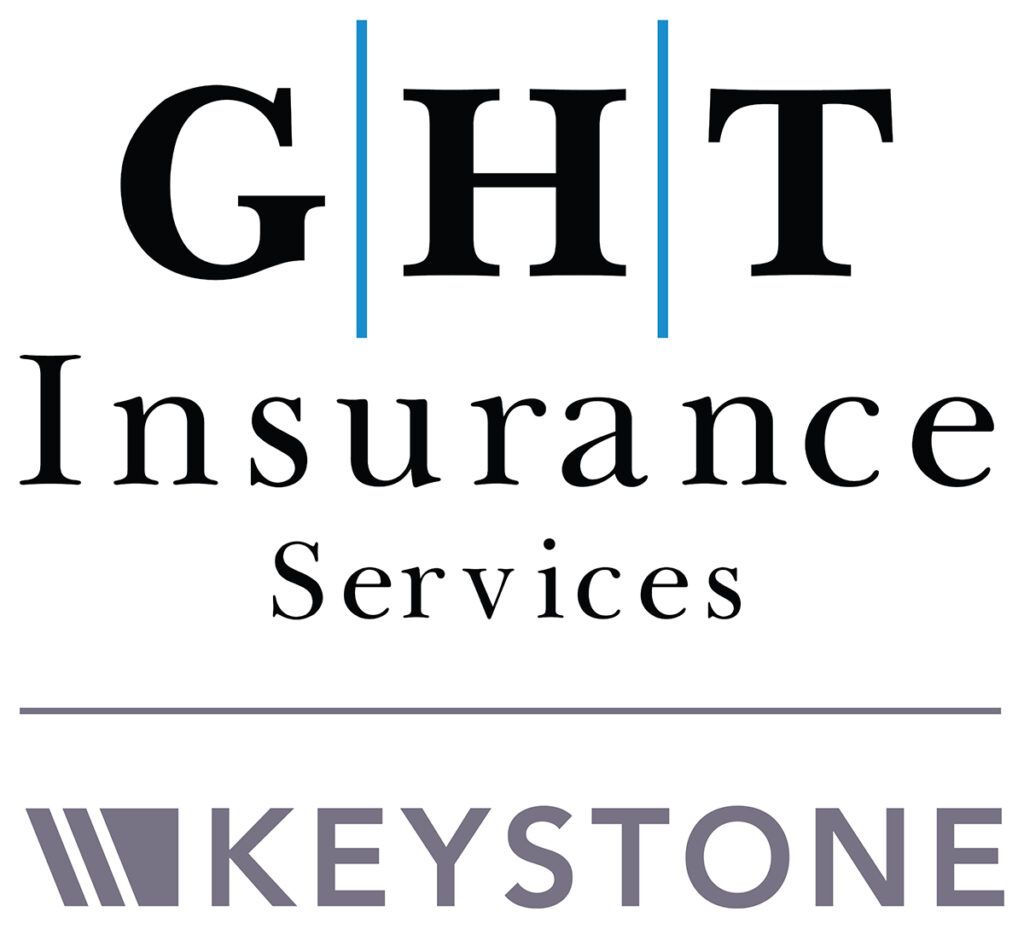Contact Info
When hurricane season approaches, the potential for severe weather and its devastating effects on homes and businesses becomes a significant concern. In recent years, hurricanes have caused billions of dollars in damage, displacing families and disrupting lives. At GHT Insurance Services, we understand the importance of being prepared and ensuring that your property is adequately protected. In this blog post, we'll explore the steps you can take to prepare for hurricane season and the role that insurance plays in safeguarding your assets.
Understanding Hurricane Risk
Hurricanes are powerful storms that can cause widespread damage through high winds, heavy rain, and storm surges. Coastal areas are particularly vulnerable, but even inland regions can experience severe effects. The damage from a hurricane can include:
- Wind Damage: High winds can tear off roofs, break windows, and uproot trees, causing significant structural damage to homes and businesses.
- Flooding: Heavy rains and storm surges can lead to flooding, which can be catastrophic for properties not covered by flood insurance.
- Power Outages: Hurricanes often result in prolonged power outages, which can disrupt daily life and cause further damage, such as spoiled food and water damage from sump pump failures.
Preparing Your Property for a Hurricane
Taking proactive steps to prepare your property for a hurricane can significantly reduce the risk of damage:
- Reinforce Your Home: Ensure your home is structurally sound by inspecting the roof, windows, and doors. Consider installing storm shutters or impact-resistant windows, and reinforce garage doors to withstand high winds.
- Trim Trees and Shrubs: Keep trees and shrubs around your property trimmed to reduce the risk of branches breaking off and causing damage during a storm.
- Secure Outdoor Items: Bring in or secure outdoor furniture, grills, and other items that could become projectiles in high winds.
- Create a Hurricane Kit: Assemble a kit with essential supplies, including water, non-perishable food, flashlights, batteries, first aid supplies, and any necessary medications. Make sure you have enough to last at least 72 hours.
- Develop an Evacuation Plan: Know your evacuation route and have a plan in place for where you will go if you need to leave your home. Keep important documents and valuables in a waterproof container, ready to take with you if necessary.
The Role of Insurance in Hurricane Protection
Insurance is a critical component of hurricane preparedness. However, not all insurance policies provide the same level of protection, so it’s essential to review your coverage carefully:
- Homeowners Insurance: Standard homeowners insurance typically covers wind damage from hurricanes but may not cover flood damage. Review your policy to understand what is covered and consider adding riders or endorsements if necessary.
- Flood Insurance: Flooding is one of the most common and costly consequences of hurricanes. However, standard homeowners insurance does not cover flood damage. To protect your property, you’ll need to purchase a separate flood insurance policy. Keep in mind that there’s usually a 30-day waiting period before coverage takes effect, so don’t wait until a storm is approaching to buy flood insurance.
- Business Insurance: If you own a business, it’s important to have adequate commercial insurance that covers hurricane-related risks. This includes coverage for property damage, business interruption, and extra expenses incurred due to a hurricane.
- Auto Insurance: If a hurricane causes damage to your vehicle, comprehensive auto insurance will typically cover the repairs. Review your auto insurance policy to ensure you have sufficient coverage.
What to Do After a Hurricane
If a hurricane does cause damage to your property, it’s important to take the following steps:
- Document the Damage: Take photos or videos of the damage as soon as it’s safe to do so. This documentation will be crucial when filing an insurance claim.
- Contact Your Insurance Agent: Notify your insurance agent as soon as possible to start the claims process. Provide them with all necessary documentation and information about the damage.
- Make Temporary Repairs: If your property is damaged, make temporary repairs to prevent further damage. Keep receipts for any materials or services used, as these may be reimbursed by your insurance company.
- Stay Safe: Avoid entering damaged buildings until they’ve been inspected and deemed safe. Be cautious of downed power lines, standing water, and other hazards.
How GHT Insurance Services Can Help
At GHT Insurance Services, we’re dedicated to helping you protect your property and peace of mind during hurricane season. Our experienced agents can review your current insurance policies, recommend additional coverage if needed, and assist you in the event of a claim. Don’t wait until it’s too late—contact us today to ensure you’re fully prepared for hurricane season.
Reach out with any questions or to get a quote
Get Connected
8253 Crown Colony Parkway
Suite 101 – second floor
Mechanicsville, VA 23116
4521 Professional Circle
Suite 205
Virginia Beach, VA 23455
210 S. Railroad Ave., Ashland, VA 23005
by appt only for all locations
get connected
We will get back to you as soon as possible.
Please try again later.
